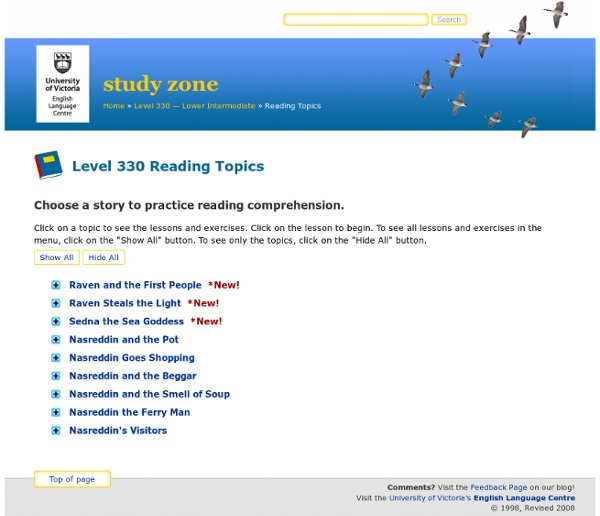Lower Intermediate Reading Topics

A teaching resource for adult ESL: NPS - Better choices, Better health
Taking medicines can help improve your health. However, there are potential risks involved in using all medicines, including prescription, over-the-counter, traditional and herbal medicines. These risks can be higher for culturally and linguistically diverse (CALD) communities, particularly those with low English language proficiency and literacy levels. NPS MedicineWise works with the Federation of Ethnic Communities' Councils of Australia (FECCA) and other organisations to create resources that provide information for CALD communities on the quality use of medicines. Read translated information in the languages below for tips on how to use medicines safely and reduce the risk of experiencing problems with your medicines. Resources developed in partnership with the Federation of Ethnic Communities' Councils of Australia (FECCA) and other partners. Medicines resources for organisations working with CALD communities Queries or questions?
Related:
Related:



